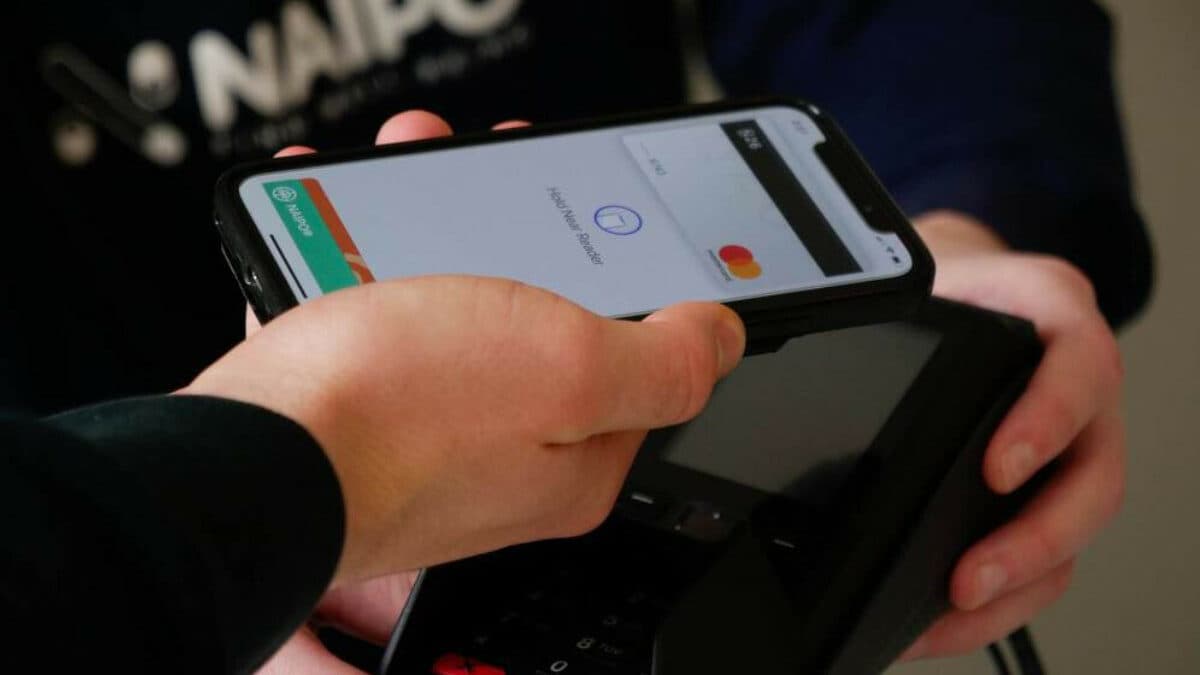Study reveals 63% of Gen Z trusts e-wallets over credit cards, with Trustly completing withdrawals in under five minutes across Nordic markets.
The plastic in your wallet is becoming obsolete, at least in the world of online gaming. New research from Minimum Deposit Casinos reveals a dramatic shift away from traditional credit cards, with Gen Z leading a payment revolution that’s redefining how players interact with digital casinos worldwide.
The numbers tell a compelling story of generational change. Credit card usage among new online casino players has plummeted 31% since 2023, while digital wallet deposits have surged 118% among the 18-34 demographic. This isn’t just a gradual evolution – it’s a fundamental reimagining of digital trust and convenience.
The rise of the digital wallet generation
Apple Pay now commands 19% of first-time deposits at top-rated mobile casinos tracked by Minimum Deposit Casinos, a remarkable achievement for a payment method that barely registered in casino analytics just a few years ago. Skrill and Google Pay have experienced similarly explosive growth, with combined year-over-year increases of 87%.
But the shift runs deeper than mere adoption statistics. For Gen Z players, this represents a fundamental change in how they conceptualize financial security and privacy. Research shows 63% of Gen Z users trust e-wallets more than traditional card entry methods, citing enhanced security as their primary concern. Even more telling, 54% prefer payment methods that don’t expose their banking information directly to casino operators.
“This shift is about more than just technology,” explained a lead analyst at MDC. “It reflects a real change in player expectations. They want payment methods that match the speed and privacy of their everyday digital lives.”
This preference for privacy-first payments reflects broader generational attitudes toward data protection and financial autonomy. Gen Z has grown up in an era of data breaches and identity theft, making them naturally skeptical of traditional payment methods that require extensive personal information sharing.
Regional preferences paint a complex picture
The global payment landscape reveals fascinating regional variations that reflect local banking infrastructure, regulatory environments, and cultural attitudes toward digital finance. In Canada, Interac dominates due to its seamless integration with the country’s banking system, offering players direct bank access without intermediary services.
Nordic countries showcase perhaps the most advanced adoption of next-generation payment solutions. In Finland and Sweden, Trustly combined with BankID verification has become the gold standard, accounting for over 40% of instant withdrawals. These transactions often complete in under five minutes, setting new benchmarks for speed and efficiency that other markets are struggling to match.
The UK presents an interesting middle ground, where traditional preferences persist alongside emerging trends. Debit cards and PayPal continue to dominate, reflecting the market’s conservative approach to financial innovation and strong existing infrastructure for conventional payment methods.
New Zealand demonstrates the transitional nature of many markets, where Visa and Mastercard maintain significant market share while newer solutions like POLi gradually gain traction. This pattern suggests many regions are in various stages of payment evolution rather than experiencing the dramatic shifts seen in younger demographics.
The technology behind the transformation
The appeal of modern payment solutions extends beyond user preference to fundamental technological advantages. Tools like Trustly offer bank-verified payments without requiring separate account creation, eliminating friction that has historically deterred casual players. The combination of enhanced security, faster processing times, and simplified user experiences creates compelling value propositions that traditional credit card processing struggles to match.
Digital wallets also provide superior transaction tracking and spending control, features that resonate particularly strongly with younger users who prioritize financial transparency and budgeting capabilities. Unlike credit card statements that arrive weeks after transactions, digital wallets offer real-time spending notifications and detailed transaction histories.
The security architecture of these newer payment methods also addresses specific concerns about online gaming transactions. By creating barriers between casino operators and players’ primary banking relationships, digital wallets reduce the risk exposure that many users associate with traditional card payments.
Industry implications and future outlook
For casino operators, these payment trends represent both opportunity and challenge. Platforms that adapt quickly to emerging payment preferences gain competitive advantages in attracting younger demographics, while those clinging to traditional processing methods risk becoming irrelevant to the next generation of players.
The data suggests this shift will accelerate rather than stabilize. As Gen Z ages into higher earning brackets and Gen Alpha begins entering the legal gambling age, operators focusing on digital-first payment strategies are likely to capture disproportionate market share.
Minimum Deposit Casinos has responded to these trends by publishing comprehensive country-by-country guides comparing optimal casino payment methods for 2025. These resources include detailed rankings, processing speed comparisons, and localized recommendations that help players navigate the increasingly complex payment landscape.
The research underscores a broader truth about digital commerce: payment preferences reflect generational values around privacy, speed, and control. As these values continue shaping consumer behavior, industries beyond gaming will likely face similar pressure to evolve their payment infrastructure or risk losing relevance with emerging demographics.
The credit card’s dominance in online transactions may be ending, but what’s replacing it promises to be faster, more secure, and better aligned with how digital natives actually want to manage their money.
More here.
Keep up to date with our stories on LinkedIn, Twitter, Facebook and Instagram.

